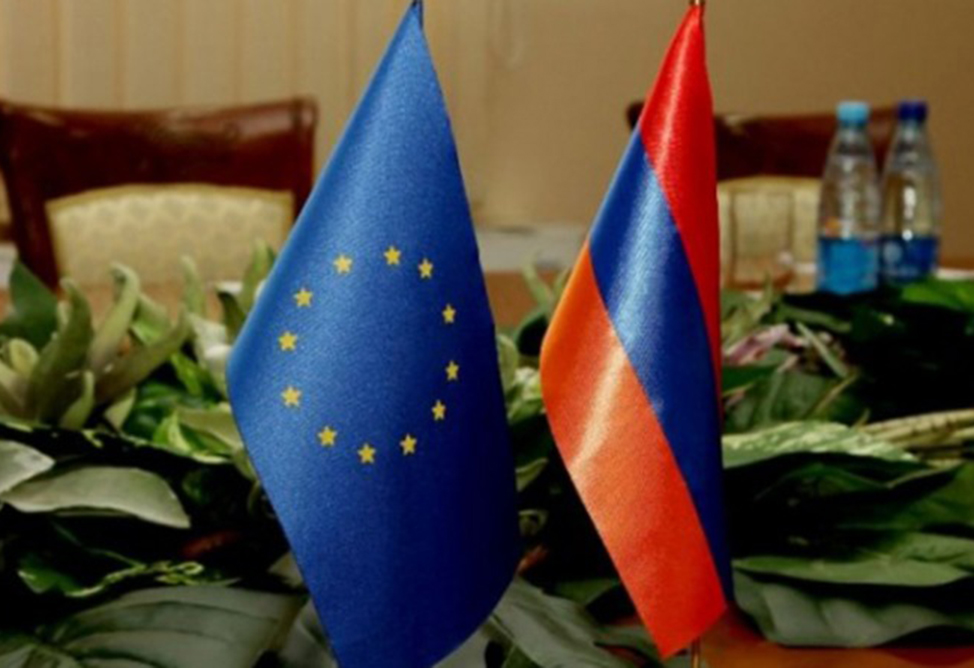Pashinyan: there will be no peace if Armenia and Azerbaijan fail to recognize one another’s territorial integrity

YEREVAN, September 4. /ARKA/. If Armenia and Azerbaijan fail to recognize each other’s territorial integrity on the basis of the Alma-Ata declaration, that will mean that there will never be peace, Armenian Prime Minister Nikol Pashinyan said in an interview with Italian publication La Repubblica.
Speaking about the stages of the negotiation process between Yerevan and Baku on the peace treaty, he said, ‘Initially we had good progress for the reason that we focused predominantly on items that controversies about which may not have been so large, but the more we agreed articles, the list of those not agreed upon includes the most difficult ones. But on the other hand, the position and approach of our government is that the peace agenda should be pushed forward and we are trying to do everything to attain real progress towards signing a peace treaty with Azerbaijan. Here not only the process that takes place around the negotiating table, but also the processes that take place publicly,’ he said.
‘Particularly, we reached an agreement with Azerbaijan recently in Brussels, and before that we had an agreement in Prague, which stated that Armenia and Azerbaijan by mutually recognizing each other’s territorial integrity, should sign a peace treaty. This happened in Prague, where we agreed to make a reference to the Alma-Ata Declaration, which establishes the following: the constituent republics of the Soviet Union become independent states after the collapse of the Soviet Union within the administrative borders of the Soviet republics that existing at that point of time. After this, the need to make it more specific emerged, the dimensions of the states of Armenia and Azerbaijan, and we in Brussels reached an agreement that Armenia recognizes the territorial integrity of Azerbaijan with a territory of 86 thousand 600 square kilometers, and Azerbaijan recognizes the territorial integrity of Armenia with a territory of 29 thousand 800 square kilometers. In this respect, it is important that this agreement has not been publicly reaffirmed by the Azerbaijani leadership so far. What I mean is that the public accompaniment of the peace treaty is also very important for the process in general.," he recalled.
Asked whether he thought that ceding control over Nagorno-Karabakh to Azerbaijan was the price to be paid for peace, the Armenian prime minister said that the situation in Nagorno-Karabakh has always been controlled by its authorities.
"In any case, this was the case after 2018 (the year of the change of power in Armenia - ed.). And today the situation in Nagorno-Karabakh is controlled by the elected representatives of Nagorno-Karabakh. Russian peacekeepers are also there," he said.
In response to a question about if there were guarantees that if Nagorno-Karabakh came under the control of Azerbaijan, the latter would l stop its encroachments on the territory of Armenia, the Prime Minister said that the rights and security of the Armenians of Nagorno-Karabakh must be ensured and guaranteed.
"As for the other issue - recognizing the territorial integrity of Armenia and Azerbaijan - if the peace treaty does not have such guarantees, it will be meaningless. Therefore, we want to have such a peace treaty that will give the guarantee you mentioned," he said. adding that the resolution of the rights and security of the Armenians of Nagorno-Karabakh within the framework of an international mechanism is extremely important in the context of achieving peace in the region. -0-


